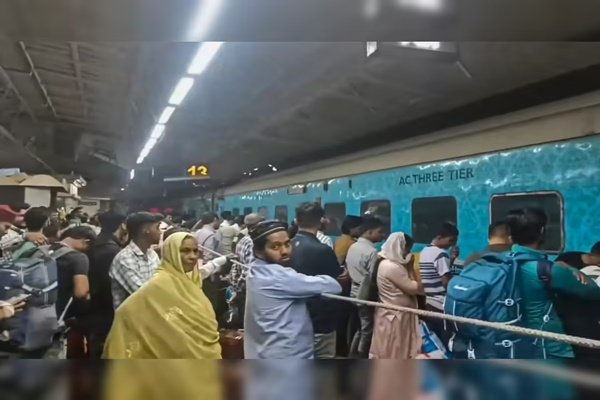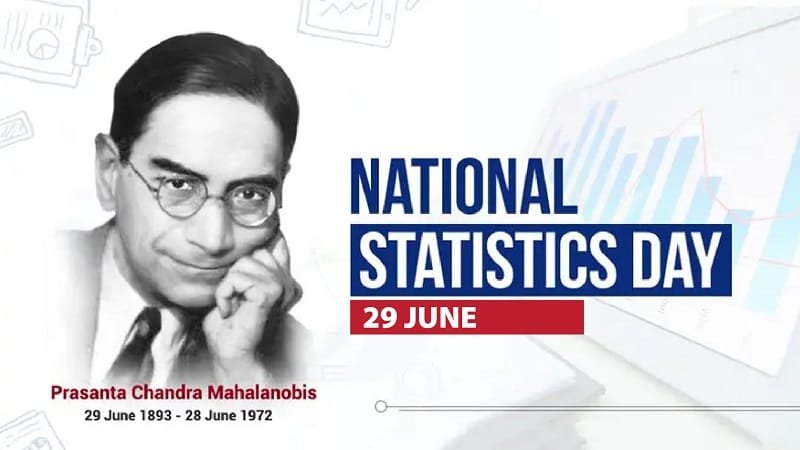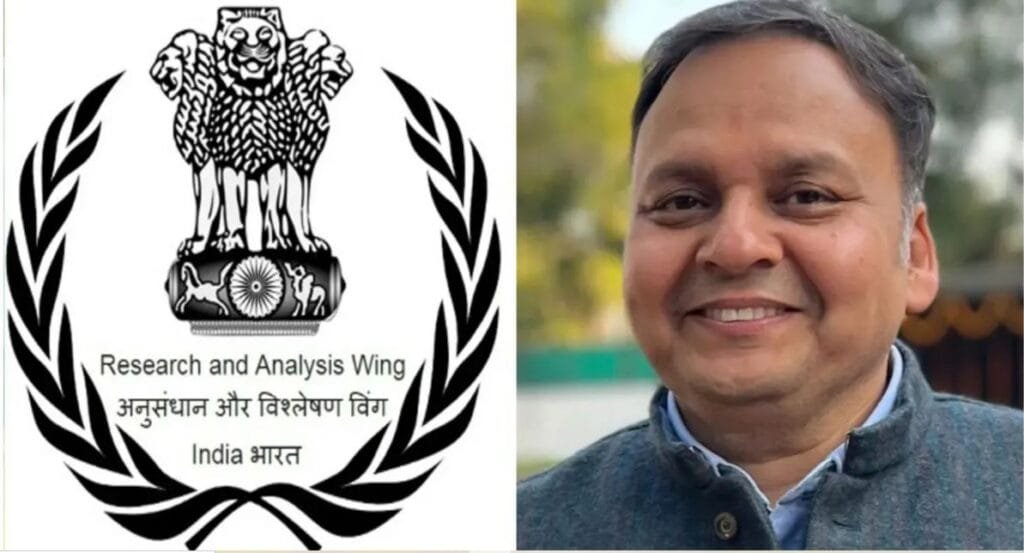Paytm Payments Bank halted services such as accepting deposits and processing credit transactions from March 15 as per the directive from the Reserve Bank of India (RBI).
- The RBI issued a directive on January 31 for Paytm Payments Bank to cease accepting deposits or top-ups in various instruments, citing concerns about non-compliance with regulations and supervisory issues.
- The RBI’s decision to shut down Paytm Payments Bank stemmed from concerns over non-compliance issues, including improper identification during account openings, potential involvement in illicit activities like money laundering, and an unusual number of dormant accounts.
Changes After Shutdown:
- Deposits into Paytm Payments Bank accounts are no longer possible, but customers can still withdraw or transfer funds.
- Salary credits, direct benefit transfers, and subsidies are no longer available in Paytm Payments Bank accounts, but refunds, cashbacks, and sweep-ins from partner banks are still permitted.
- The top-up facility and wallet transfers are disabled, although payments can still be made if there is a balance in accounts.
- Recharge or top-up of funds in NCMC cards issued by Paytm bank are no longer supported.
- Transfer of funds into Paytm Payments Bank accounts via UPI or IMPS ceased after March 15.
Q: What directive did the Reserve Bank of India (RBI) issue to Paytm Payments Bank on January 31?
a) To enhance their customer service offerings
b) To halt accepting deposits or top-ups in various instruments
c) To expand their branch network
d) To increase their interest rates on savings accounts
Ans : b) To halt accepting deposits or top-ups in various instruments
Q: Why did the RBI order the shutdown of Paytm Payments Bank?
a) Due to concerns about their stock trading operations
b) Due to concerns over non-compliance issues and supervisory concerns
c) Due to their outstanding customer service
d) Due to their high-interest rates on loans
Ans : b) Due to concerns over non-compliance issues and supervisory concerns




